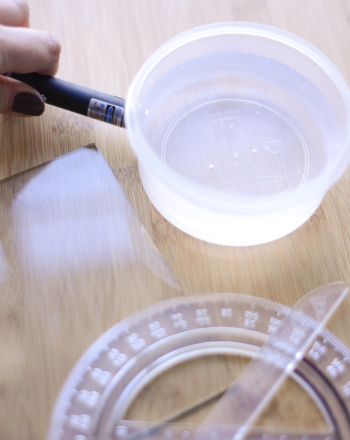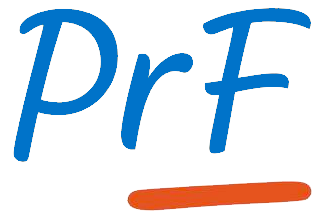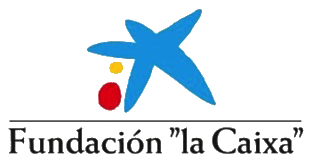Descripción

How fast does light travel, and does it travel faster in water or air? The fastest thing in the whole universe is the speed of light in a vacuum (like outer space!), clocking in at a great 2.99 x 108 m/s. Light travels in waves, and we call this traveling propagation. Propagation of waves has both a speed and a direction, called the velocity. The velocity of light changes depends on the material it travels through.Light waves can be changed in a few different ways. Reflection is when the waves bounce off a surface and change direction, like when they hit a mirror or pool of water. Diffraction spreads out light waves; an example of this is water vapor in the air diffracting light from the sun to create a rainbow. The third type of light behavior is refraction. Refraction is where light waves pass through a material (what scientists call a medium) and change direction. Have you ever stuck your arm beneath the surface of the water in a fountain or swimming pool, and wondered why it looks like it has a sharp bend in it right at the surface? This is because of refraction!In this project, you will use a laser to measure refraction through different media. Laser is an acronym for “Light Amplification by Stimulated Emission of Radiation,” which in simple terms means you are firing beams of light in a straight line.
It is an educational content by education.com.
By clicking on the title of this resource, you will be redirected to the content. If you want to download the project, you just have to join the website, which now is for FREE.
Autores
Autor Erin Bjornsson
Categorías 14-16 años, Ficha para imprimir, Experimento/Práctica, Física, Science Fair - Education, Inglés add
Etiquetas add
Fecha de publicación 27 / 08 / 2020
Licencia Se respeta la licencia original del recurso.
¿Quieres comentar? inicia sesión





Comentarios
mode_comment0